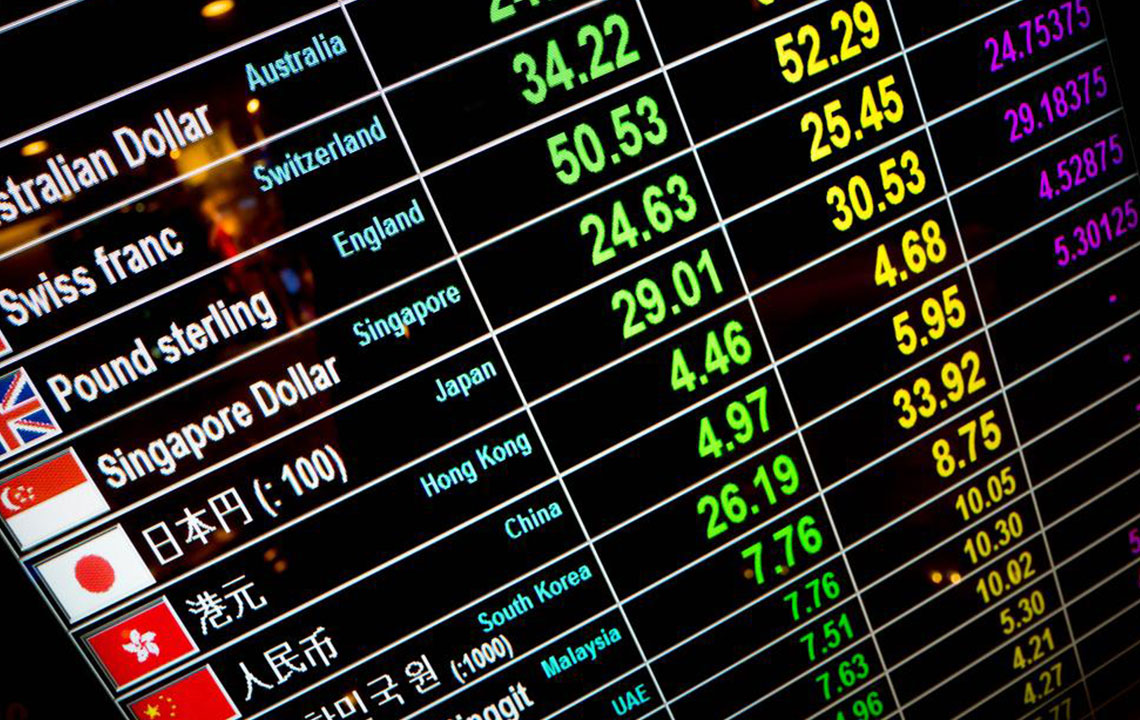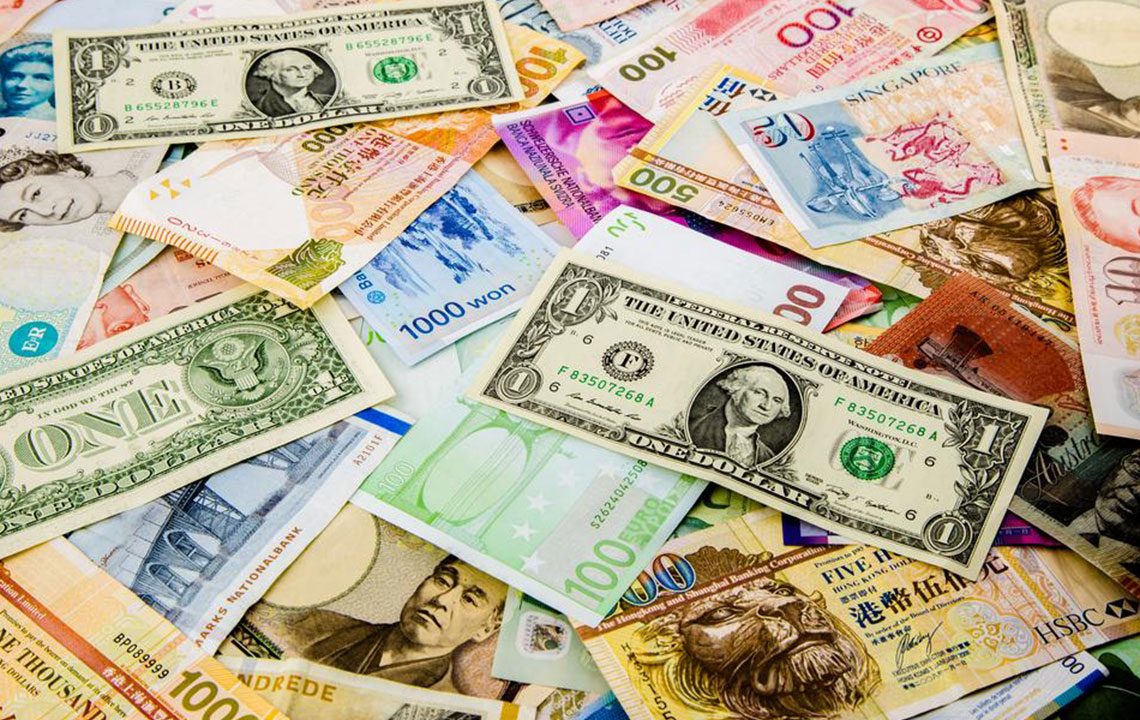Understanding Currency Exchange Rates: Causes and Economic Effects
This article explores the key factors affecting currency exchange rates and their profound impact on global economies. It covers the causes of rate fluctuations, such as interest rates, inflation, political stability, and market speculation. The piece also explains how exchange rates influence trade, inflation, and economic growth, highlighting their significance in international finance. Understanding these dynamics can help investors, policymakers, and businesses navigate the complexities of currency markets effectively.
The exchange rate signifies how much one currency can be exchanged for another across countries or regions. It plays a vital role in global commerce and investment movements, as it determines the value of currencies. There are usually two types: fixed, maintained by national banks, and floating, driven by market supply and demand.
Factors Influencing Exchange Rates
Various economic elements cause fluctuations in exchange rates, including:
Interest Rates: Higher domestic interest rates attract foreign investors, boosting demand for the country's currency, but inflation can counterbalance this effect.
Inflation Levels: Countries with higher inflation see their currencies lose value compared to others, decreasing demand.
National Debt: Elevated government debt can deter foreign investment, lowering currency value.
Political Stability: Political unrest can reduce investor confidence, impacting currency strength.
Trade Balance: Export surpluses increase currency demand, raising exchange rates, while deficits have the opposite effect.
Economic Recession: During downturns, investment drops, and lower interest rates further weaken the currency.
Market Speculation: Traders' expectations can cause sudden currency surges or drops.
Special Factors: Safe-haven currencies like USD, EUR, JPY, and CHF attract investment during uncertainty; the dollar's role as a reserve currency amplifies its value.
Economic Impact
Exchange rates influence the cost of imports and exports. A weaker currency raises import prices, while a stronger currency eases them. Fluctuations also affect a country's economic growth, inflation, interest rates, and capital flows. Globally, currency shifts can impact trade balances and financial markets, with daily forex trading exceeding $5 trillion. Although often unnoticed, these movements influence inflation, job markets, and housing prices over time.
In summary, exchange rates are central to understanding economic dynamics, affecting both domestic and international financial landscapes.
Disclaimer:
The content provided is based on research, data, and expert opinions. It may vary with changing financial environments and should not replace professional financial advice. Please consult a financial expert before making decisions.










